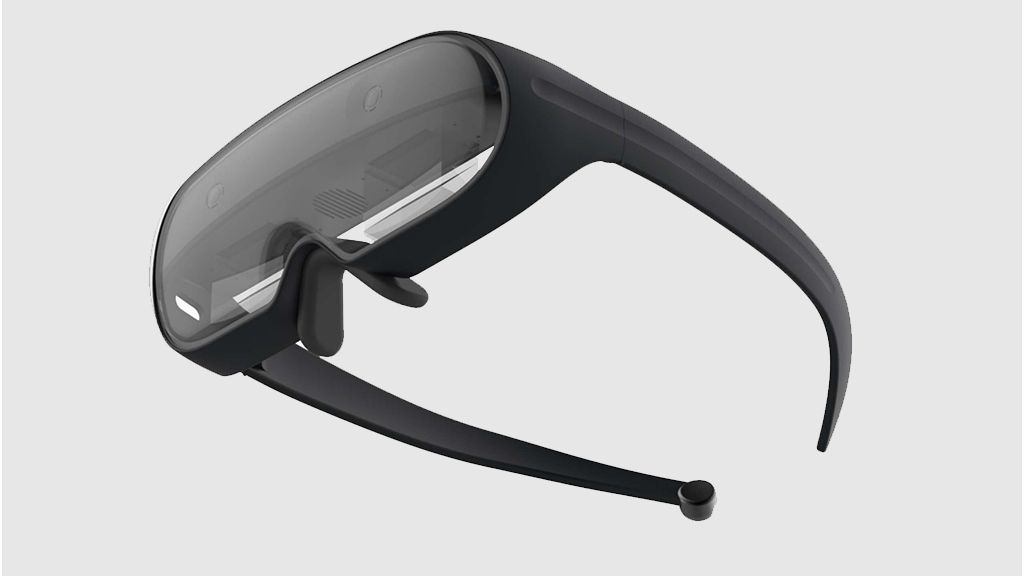Samsung is preparing to launch its highly anticipated augmented reality (AR) glasses by the third quarter of 2025, according to estimates from Wellsen XR Research. While details remain sparse, the device is expected to feature cutting-edge technology, including Qualcomm’s AR1 chipset and a camera from Sony. At just 50 grams, the glasses will be lightweight, positioning them as an innovative option for the growing AR market.
The AR glasses are set to sport the Qualcomm Snapdragon AR1 chipset, a powerful yet energy-efficient processor designed specifically for augmented reality applications. This move suggests that Samsung is aiming to create a device that balances performance with portability. The glasses will also be equipped with a Sony IMX681 12MP camera, which promises to enhance the visual experience, allowing users to interact with their environment in more immersive ways.
Samsung’s new AR glasses will come with a 155mAh battery, providing a sufficient amount of power for everyday usage. However, it is speculated that, due to the lightweight design, the device may not feature significant internal computing hardware. It’s possible that much of the processing will be offloaded to other devices, such as a smartphone. This would make the glasses similar to early AR products, like Apple’s rumored smart glasses, which are also expected to require a tethered connection to smartphones for full functionality. However, while the possibility of a tethered device is likely, no official word has been given on whether Samsung’s AR glasses will follow this model or function independently.
The anticipated launch of the glasses is part of Samsung’s ongoing expansion into the AR and mixed-reality space. After initially scrapping a mixed-reality headset following the release of Apple’s Vision Pro in 2023, Samsung is now focusing on developing more refined, wearable AR technology. Given that AR glasses could become the next big category in consumer tech, Samsung appears to be positioning itself as a major player in the market.
The AR glasses are expected to integrate Google’s Gemini AI, a large language model (LLM) developed in collaboration with Google. This collaboration could lead to a seamless experience between the glasses and Google's AI ecosystem, enhancing user interaction with the device through voice commands and contextual awareness. The use of AI would be an essential feature, providing users with smarter, more intuitive experiences, whether for work, entertainment, or navigation.
Samsung has set an initial production target of 500,000 units for its AR glasses, mirroring the production volume expected for Apple's Vision Pro. While pricing remains unannounced, it’s believed that Samsung will aim for a competitive price point, potentially attracting a wider consumer base compared to Apple’s premium offerings.
The AR glasses, which are expected to hit the market by late 2025, will join a growing lineup of smart glasses and mixed-reality devices from leading tech giants. With lighter weight, advanced AI integration, and strong hardware, Samsung’s AR glasses will likely challenge Apple’s market dominance and set a new standard for the industry.
WCCFTECH
Read More






 Saturday, 07-02-26
Saturday, 07-02-26







